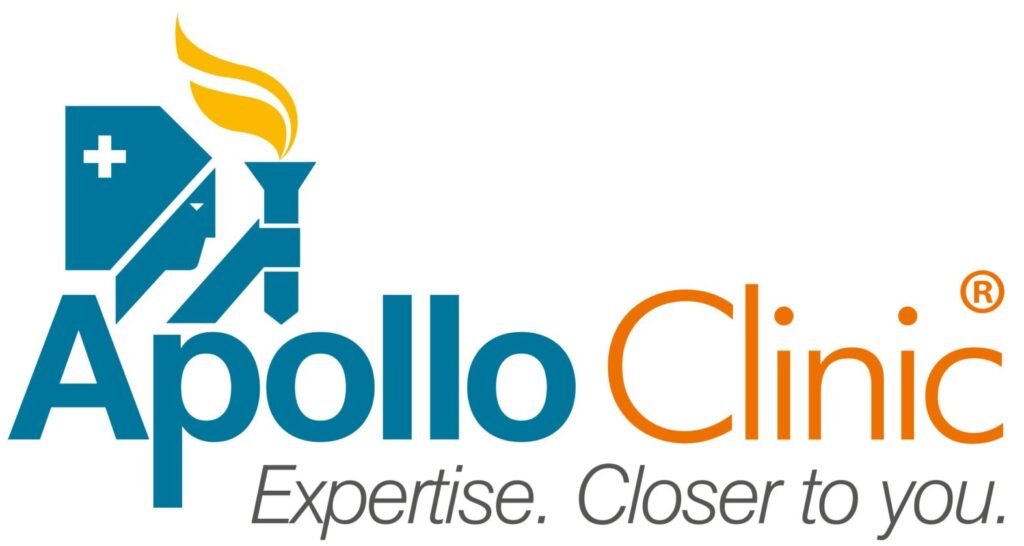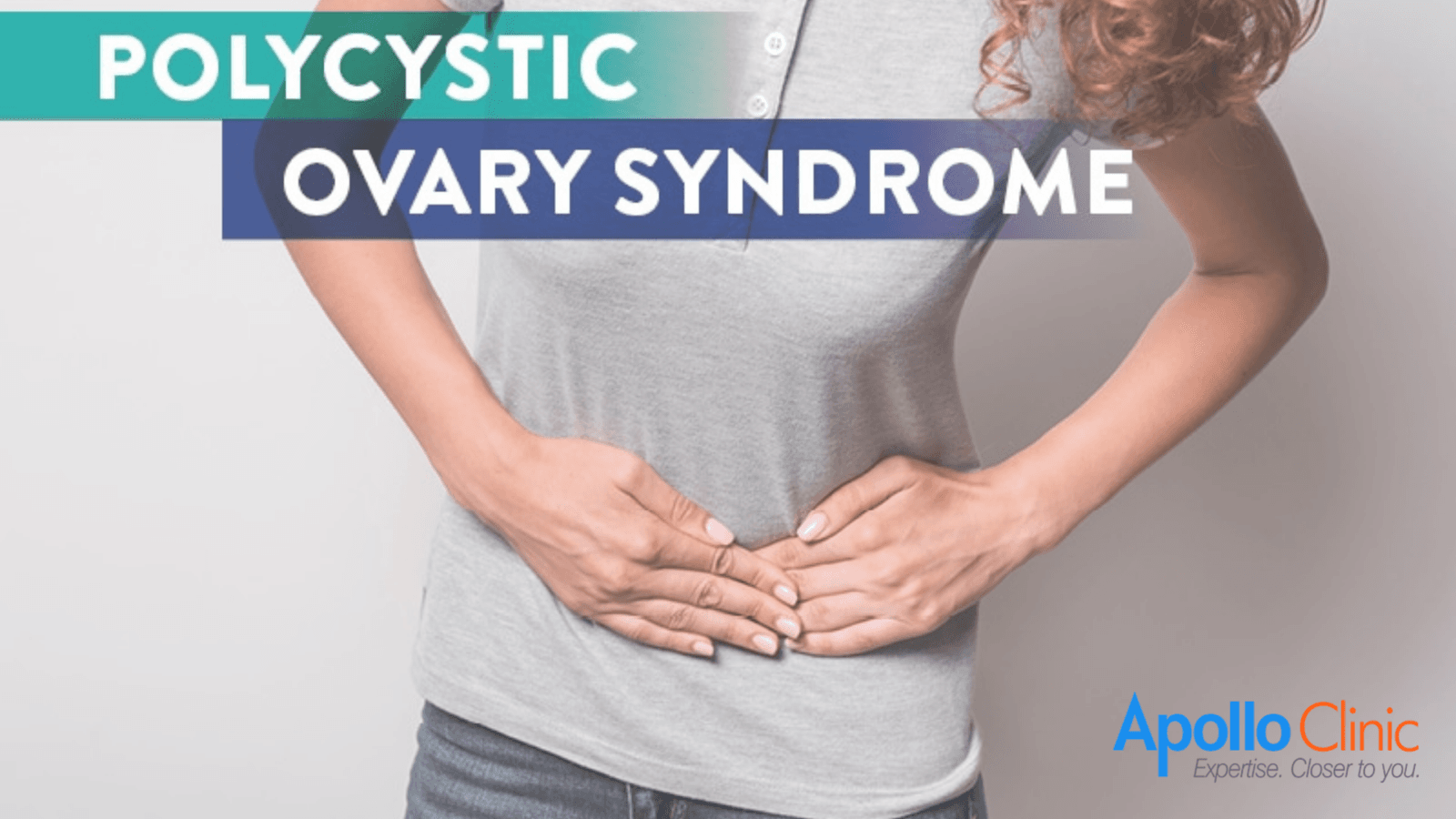PCOS Symptoms: How to know PCOS signs & effects ?
PCOS stands for Polycystic Ovary Syndrome. It is a condition found in females or women. Consequently, PCOS makes a woman suffer from irregular periods or menstrual cycles. This situation prevails when the number of male hormones called androgen increases in the body of a female. Thereby, the ovulation process does not occur. According to UpToDate (https://www.uptodate.com/contents/polycystic-ovary-syndrome-pcos-beyond-the-basics), about 10-15% of women face this condition.
Statistics show that girls or women who suffer from PCOS, are mostly obese. Also, there are more risks of them falling prey to major health conditions like diabetes (of any type), or obstructive sleep apnea also called in short OSA. Due to the rise in androgen levels, there might be several PCOS symptoms such as facial hair growth, skin-related disorders like pimples, acne, hair loss, etc.
Effects Of PCOS on Women ?
There are several PCOS symptoms. A woman who has polycystic ovary syndrome should get immediate treatment. Since this disorder can prevent them from being pregnant. Therefore, it is of utmost necessity to seek the help of doctors and start treatment.
The exact reasons for PCOS are still not clear. But, some believe that the normal functioning of the ovaries is sometimes disturbed by the abnormal level of pituitary, luteinizing hormones, and androgens concerning the reproductive system. To get a better understanding, let us absorb what the menstrual cycle in polycystic ovary syndrome is all about. When a girl or a woman goes through her menstrual cycle, a lot of natural changes in her body take place.
There come changes in the production of hormones. Also, the structures of several organs inside the body of the women’s reproductive system change. These changes help a woman get pregnant. Additionally, the menstrual cycle is a process controlled by several glands and the hormones produced by these glands.
The four stages of the cycle are:
- Menstruation
- Follicular Phase
- Ovulation
- Luteal Phase
Menstruation is the phase where menstrual fluid containing blood, cells from the lining of the uterus, also known as endometrial cells, and mucus gets discharged from the body through the vagina. Several types of napkins, pads, tampons, menstrual cups, etc are used to absorb the menstrual flow. You should always change these napkins at a particular interval of time. So, you can prevent yourself from being harmed by certain entities like bacteria, etc.
The follicular phase is the phase that starts from the first day and continues till the ovulation process. Ovulation is the process where the mature eggs from the surface of the ovaries get released. It occurs before the menstruation cycle starts. The luteal phase is the phase that comes after the ovulation phase basically on day 14 and continues till the first day of the period. This phase is also known as the premenstrual phase.
This was the general description of the normal menstrual cycle with its phases. Let us learn what happens to menstrual cycles in PCOS. Among women with PCOS, numerous little follicles (little sores 4 to 9 mm in measurement) gather in the ovary. None of these little follicles/blisters are fit for developing to a size that would set off ovulation. Accordingly, the degrees of estrogens, progesterone, LH, and FSH become imbalanced. Also, several metabolic abnormalities arise.
What are the PCOS symptoms?
There are numerous symptoms. Some of them are:
- Irregular periods: People who have this condition usually suffer from missed or skipped or irregular periods.
- Polycystic Ovary: Your eggs might be surrounded by follicles due to which your ovaries might get bigger or enlarged.
- Excess androgen: Your body might contain a large number of androgen (a male hormone) which might result in facial hair growth or so.
- Obesity: People with polycystic ovary syndrome often fall prey to obesity (a major problem in today’s youth). Obesity is a condition where fats get accumulated in the body and a person gains weight.
- Infertility is one of the common PCOS symptoms. Due to this condition, a female faces problems getting pregnant.
- Skin problems: When a person suffers from polycystic ovary syndrome, she is likely to suffer from several skin-related issues like pimples, acne, etc. Darkening of skin also appears in the folds of the neck, legs, etc.
Also Read : Erectile dysfunction treatment, What Is The Diagnosis For ED?








